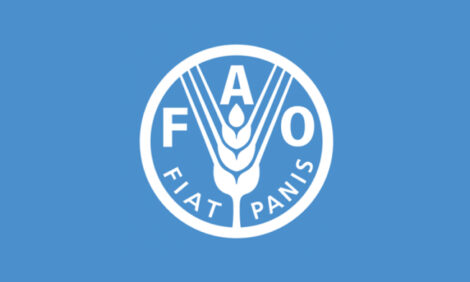



Fluke Battle Angst Rises as Vets Demand Flukicide Availability
Scotland - NFU Scotland is urging veterinary medicine manufacturers and licensing authorities to ensure that key products (flukicides) needed to combat the growing threat of liver fluke in cattle remain available to dairy farmers.
To combat the growing incidence of fluke, dairy farmers traditionally treat cows when they are inbetween lactations (the dry period) and not producing milk. If cows are treated during lactation, the milk is withheld from the food chain for a considerable period to avoid residues and comply with veterinary medicine withdrawl periods.
However, a significant number of key flukicide products are being withdrawn from use on milking cows, regardless of whether they are lactating or in their dry period.
During the first half of 2012, the European Commission published a series of Implementing Regulations allowing for the establishment of Maximum Residue Levels (MRLs) for milk in respect of the majority of flukicides.
The Veterinary Medicines Directorate has already publicised this information to manufacturers and has encouraged them to perform the necessary milk residue depletion studies which would pave the way for these products to remain available for use in dairy cows during the dry period and in lactating animals.
NFUS is urging manufacturers to prioritise this work and get these products back available as soon as possible.
NFU Scotland President, and qualified vet, Nigel Miller said:
“Fluke is a growing animal health issue hitting an ever increasing area of Scotland. Any reduction in the options for control will create both production and welfare challenges for dairy farmers.
“With milking stock only open to therapy during their dry period, it is already challenging for farmers and their vets to develop an effective control strategy for fluke. Removing the tools to control fluke from the dairy herd – even on a temporary basis – raises real concerns.
“Any restriction on product choice may force treatment at sub optimal times whilst no control will have immediate impacts on stock. If the weather profile continues to favour fluke, then without flukicide intervention higher levels of infection will build on pastures raising risk during the forthcoming grazing season and could seriously impact on herds next winter.
“Authorities must work with manufacturers to minimise the impact of any drug withdrawal on dairy farmers by helping to facilitate any necessary new approvals. We must also ensure that if a product is to be restricted to non-milking animals, it should remain available until agreed herd treatment programmes are completed. At present, there appears to be a window to use existing stocks which is important for herds under threat of fluke.”
TheCattleSite News Desk


